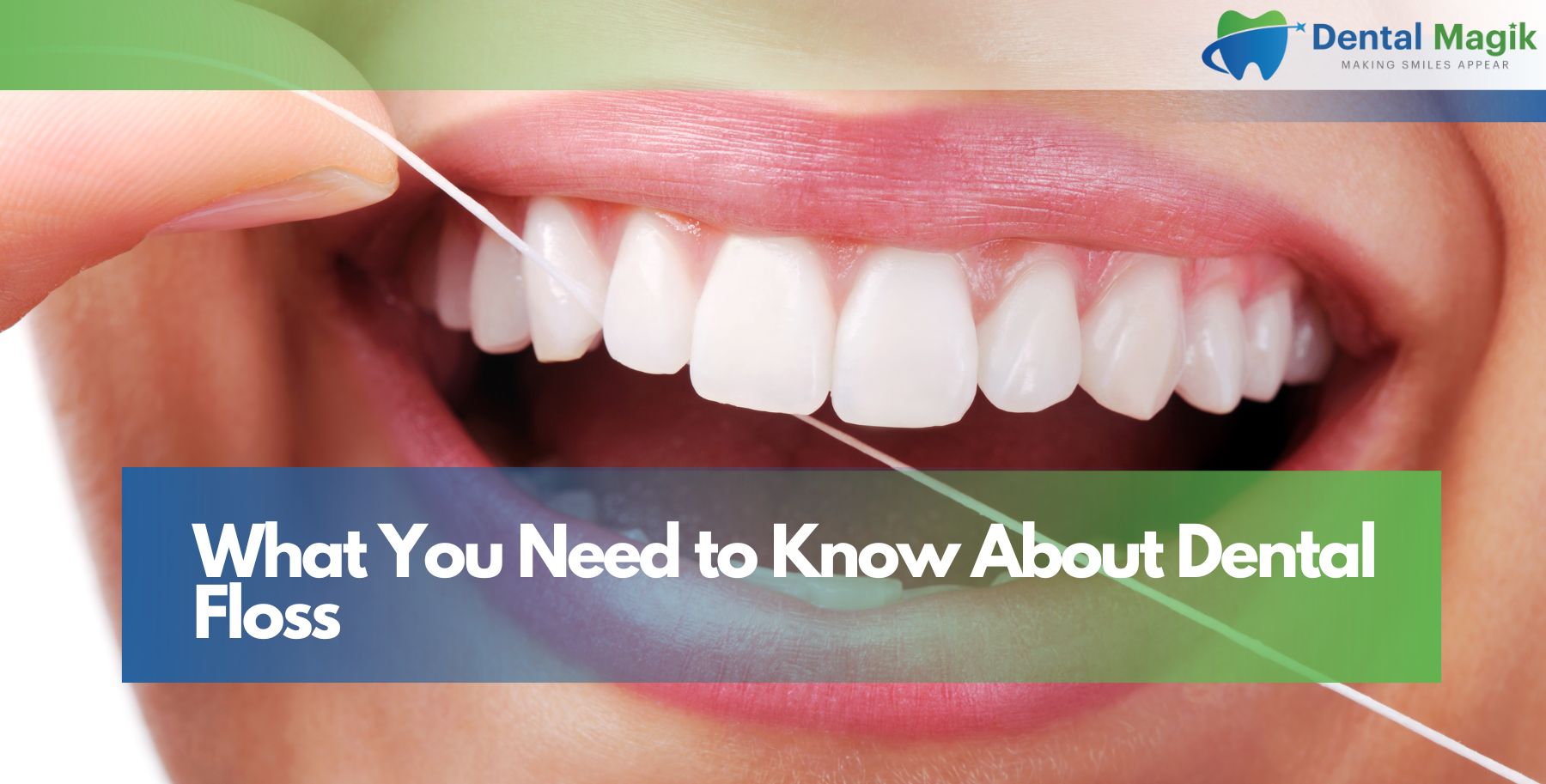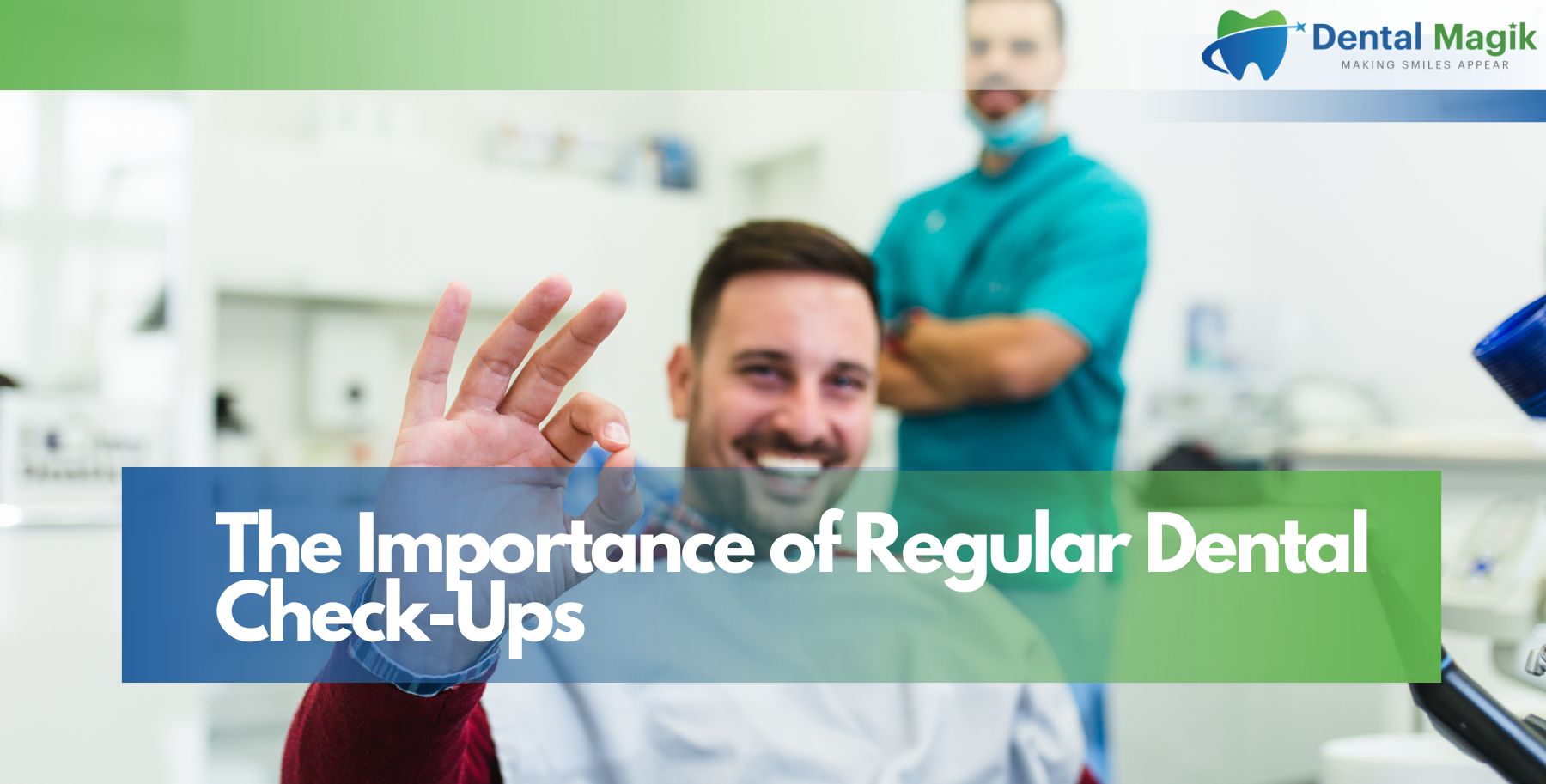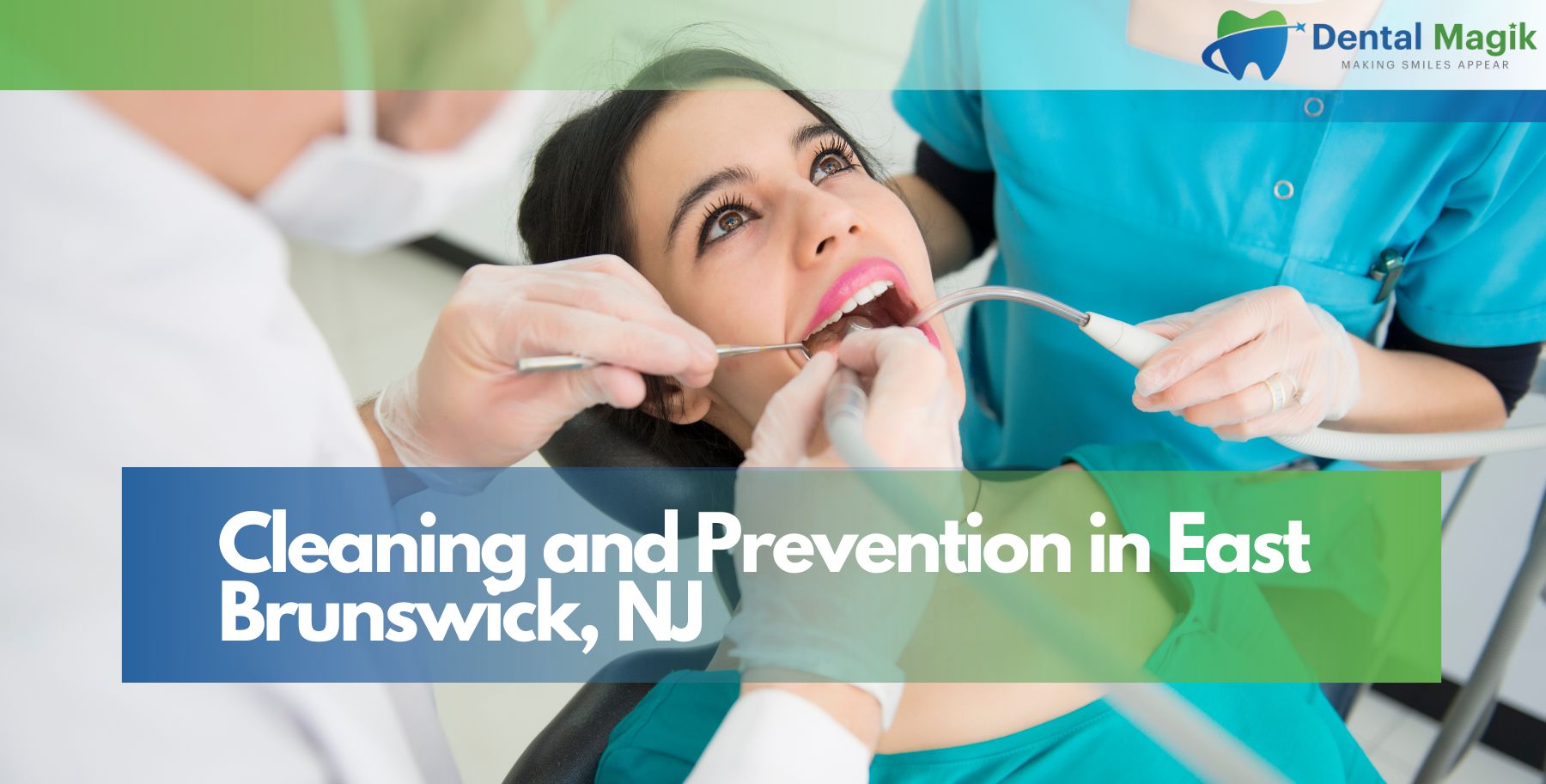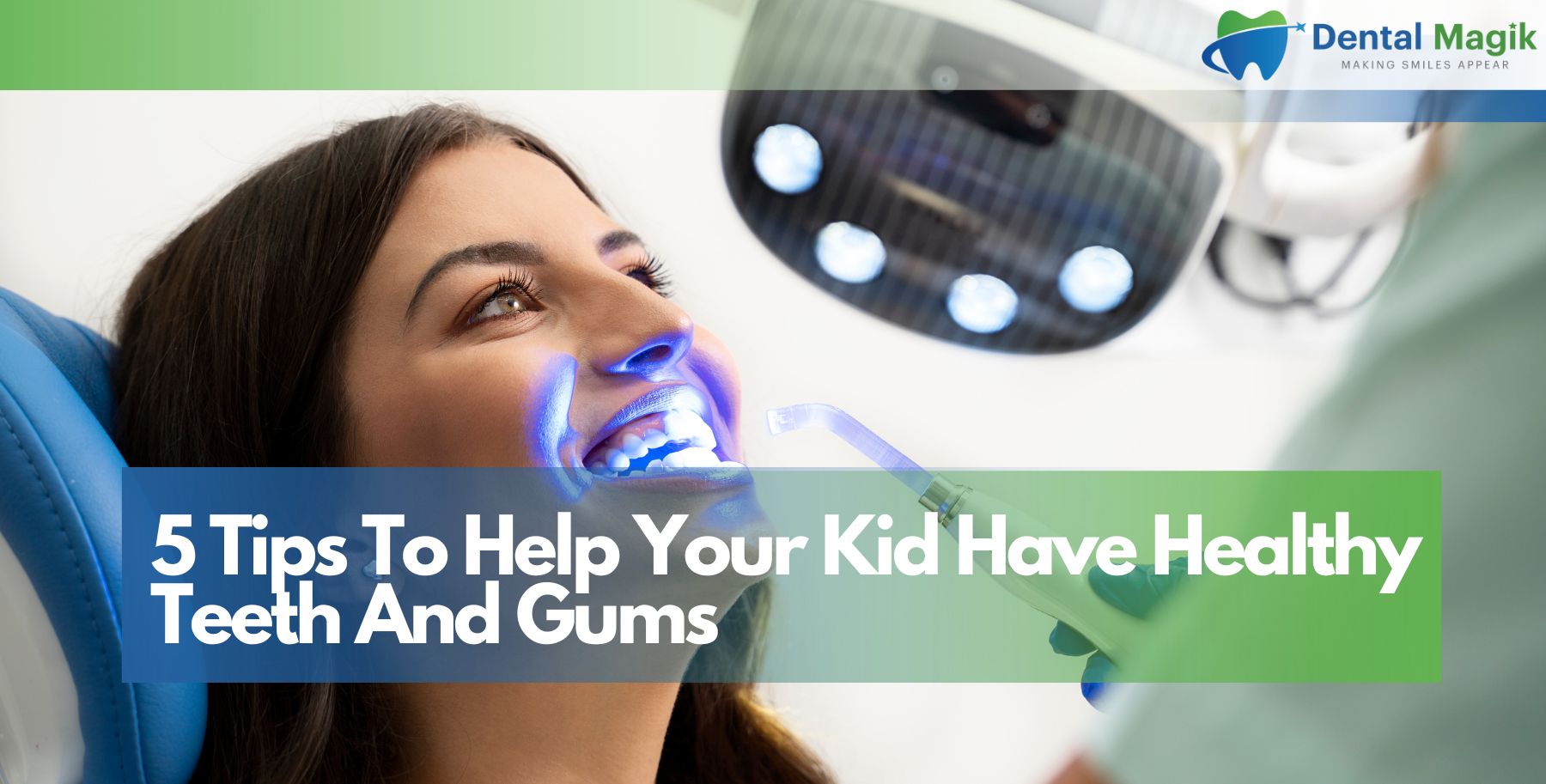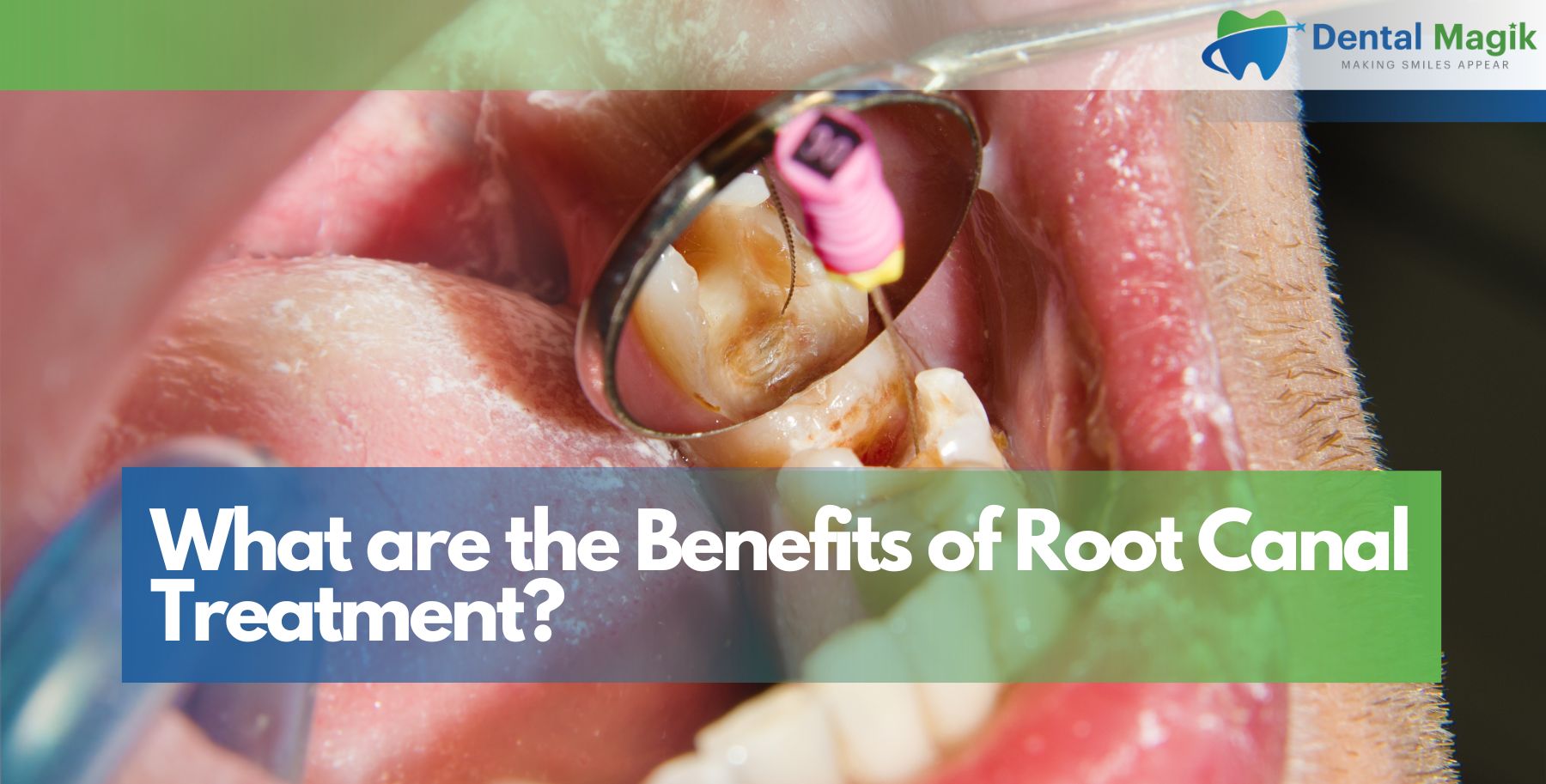Dental crowns are an excellent solution for restoring damaged or weakened teeth, but their lifespan depends on proper care and maintenance. With the right oral hygiene routine, eating habits, and professional dental care, you can extend the life of your crowns, keeping your smile healthy and beautiful for years.
This guide provides detailed insights into how to clean, protect, and maintain dental crowns, ensuring they stay durable, functional, and aesthetically pleasing.
Why Proper Care of Dental Crowns is Essential
Taking proper care of dental crowns is crucial for preventing decay, gum disease, and premature wear. Even though dental crowns are made from strong materials like porcelain, ceramic, or metal, they can still be damaged by poor oral habits. Neglecting dental crown maintenance may lead to infections, discomfort, or early replacement, increasing your dental expenses. If you have Dental crowns in East Brunswick, NJ, following a consistent oral hygiene routine and regular dental checkups is essential to ensuring their longevity and durability.
Ensuring your crowns last requires daily care, regular dental checkups, and avoiding harmful habits that may weaken them.
How to Clean Dental Crowns: Best Practices
Keeping your dental crowns clean is essential for preventing plaque buildup, gum disease, and infections.
Brush and Floss Regularly
A strong oral hygiene routine is necessary for maintaining healthy crowns and natural teeth. Follow these essential steps:
- Use a soft-bristled toothbrush to avoid scratching the surface of your crown.
- Brush twice a day with fluoride toothpaste to prevent plaque buildup and decay around the crown edges.
- Floss daily using a gentle technique to remove food particles trapped between teeth and around the crown.
- Consider using a water flosser if traditional flossing is difficult around crowns.
Best Toothpaste for Dental Crowns
Not all toothpastes are safe for dental crowns. Using the wrong toothpaste may scratch the crown surface or weaken the bonding material.
- Use non-abrasive toothpaste to avoid scratching porcelain or ceramic crowns.
- Avoid whitening toothpaste containing peroxide, as it can weaken the crown’s bonding cement.
- Opt for alcohol-free mouthwash to prevent deterioration of the cement holding your crown in place.
Eating Habits to Protect Your Dental Crowns
The food you eat directly impacts the durability of your dental crowns. Some foods can cause cracks, loosen the crown, or lead to decay around the edges.
Foods That Can Damage Your Dental Crowns
- Avoid chewing on hard foods like ice, hard candies, and nuts, as they can cause cracks or fractures in your crown.
- Stay away from sticky foods like caramel and chewing gum, which may pull the crown loose.
- Cut hard fruits and vegetables into smaller pieces to minimize pressure on your crowns while chewing.
Limit Acidic and Sugary Foods
Excess sugar and acid can contribute to tooth decay around the edges of your crown, leading to potential infections or replacement needs.
- Reduce consumption of soda, citrus fruits, and sugary snacks that can erode enamel and weaken the tooth supporting the crown.
- Drink plenty of water to wash away bacteria and food particles.
- Rinse your mouth after consuming acidic foods to neutralize harmful acids.
Lifestyle Habits to Prolong the Life of Your Crowns
Beyond oral hygiene and diet, certain lifestyle habits play a significant role in the longevity of dental crowns.
Avoid Teeth Grinding (Bruxism)
Grinding or clenching your teeth puts excessive pressure on your dental crowns, leading to premature wear, fractures, or loosening.
- Wear a custom nightguard to protect your crowns while sleeping.
- Practice stress management techniques, as anxiety often contributes to teeth grinding.
Quit Smoking and Limit Alcohol Consumption
Smoking and excessive alcohol intake can affect the durability and appearance of your dental crowns.
- Smoking causes discoloration and may lead to gum recession, exposing the base of your crown.
- Alcohol can weaken the bonding material, making your crown more likely to loosen over time.
Professional Care for Dental Crowns
Routine dental checkups are essential for ensuring your crowns remain in top condition and function properly.
Regular Dental Checkups
Visiting your dentist every six months is important for preventing potential crown-related issues.
- Check for any damage, wear, or looseness in your crowns.
- Get a professional cleaning to remove plaque and tartar buildup.
- Address any underlying oral health issues before they worsen.
Address Any Issues Promptly
If you experience discomfort, sensitivity, or movement in your dental crowns, consult your dentist immediately. Ignoring minor issues can lead to major dental complications and costly replacements.
How Long Do Dental Crowns Last?
The lifespan of dental crowns depends on material, oral hygiene, and lifestyle choices. On average:
- Porcelain and ceramic crowns last 10 to 15 years with proper care.
- Metal and gold crowns can last 15 to 20 years or more.
- Zirconia crowns offer high durability and can last over 20 years.
To maximize the lifespan of your crowns, maintain excellent oral hygiene, avoid hard foods, and schedule regular dental visits.
Signs You May Need a Crown Replacement
Even with proper care, dental crowns eventually need replacement. Look for these warning signs:
- Cracks or chips on the crown surface, which can lead to structural failure.
- Persistent pain or sensitivity, indicating possible damage to the underlying tooth.
- A loose or shifting crown, which can allow bacteria buildup and decay.
- Discoloration or wear that affects the appearance and function of the crown.
If you notice any of these symptoms, visit your dentist for an evaluation to determine if a replacement is necessary.
Emergency Dental Crown Care: What to Do if a Crown Falls Out
Losing a dental crown can be painful and alarming, but quick action can prevent further complications.
- Rinse the crown and your mouth with warm water to remove debris.
- If possible, temporarily reattach the crown using dental adhesive or toothpaste.
- Avoid chewing on the affected side until you visit a dentist.
- Schedule an emergency dental appointment immediately for proper re-cementing or replacement.
Conclusion
Taking proper care of dental crowns is crucial for ensuring their longevity and maintaining oral health. By following a diligent oral hygiene routine, making smart dietary choices, avoiding harmful habits, and scheduling regular dental checkups, you can extend the life of your crowns and keep your smile looking its best.
If you need professional dental care or have concerns about your dental crowns, visit Dental Magik, a trusted Dentist in East Brunswick, NJ, for expert guidance and top-quality dental services. Their team of dental professionals will ensure your crowns remain in excellent condition, helping you enjoy a confident and healthy smile for years to come.



